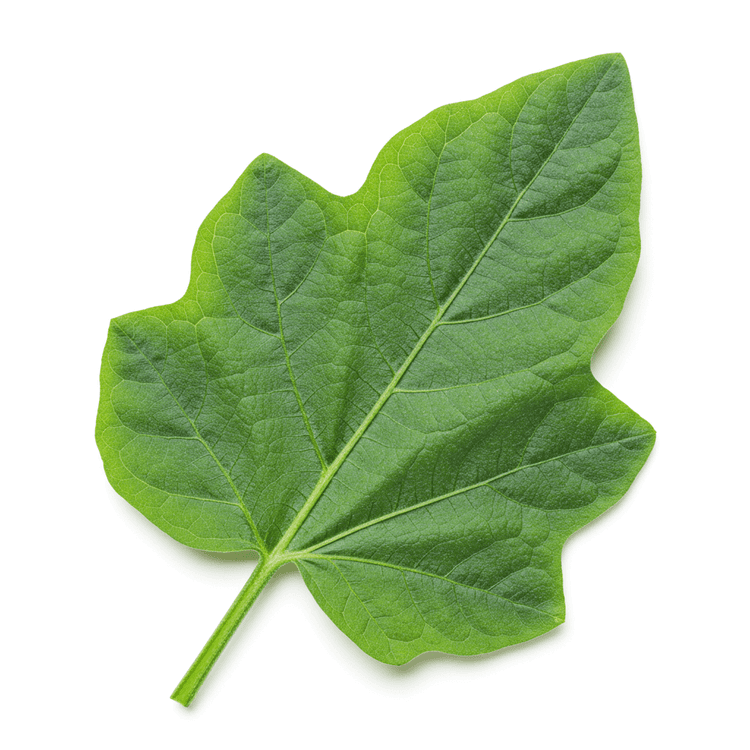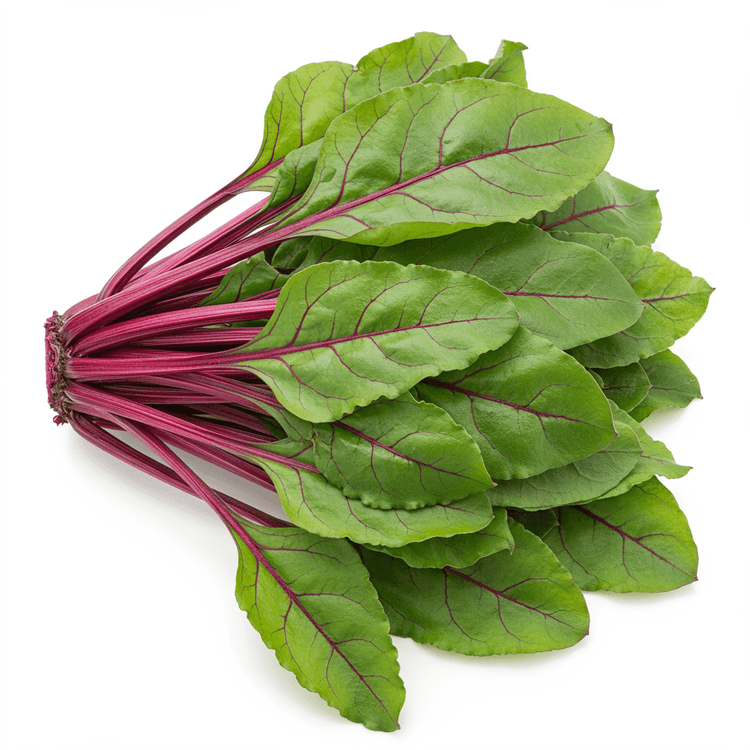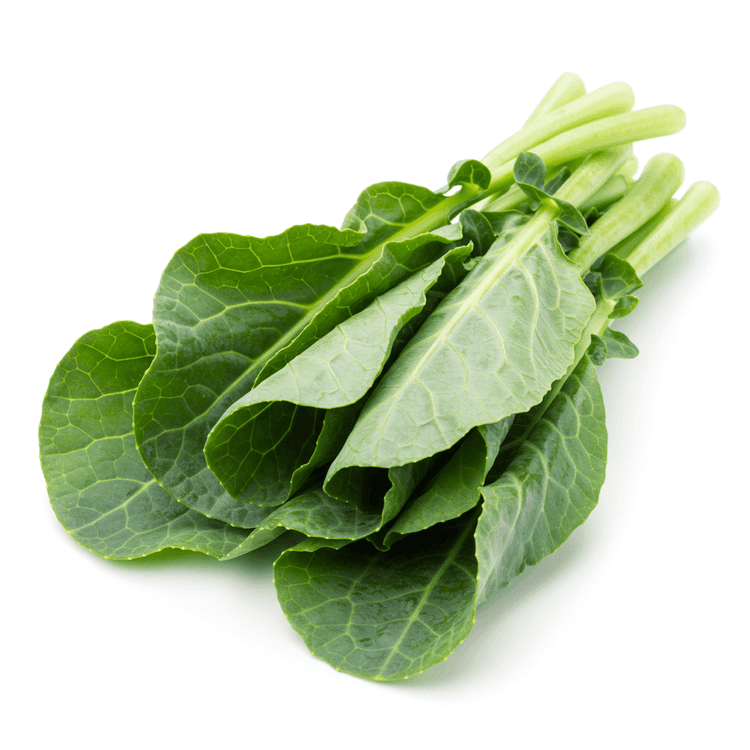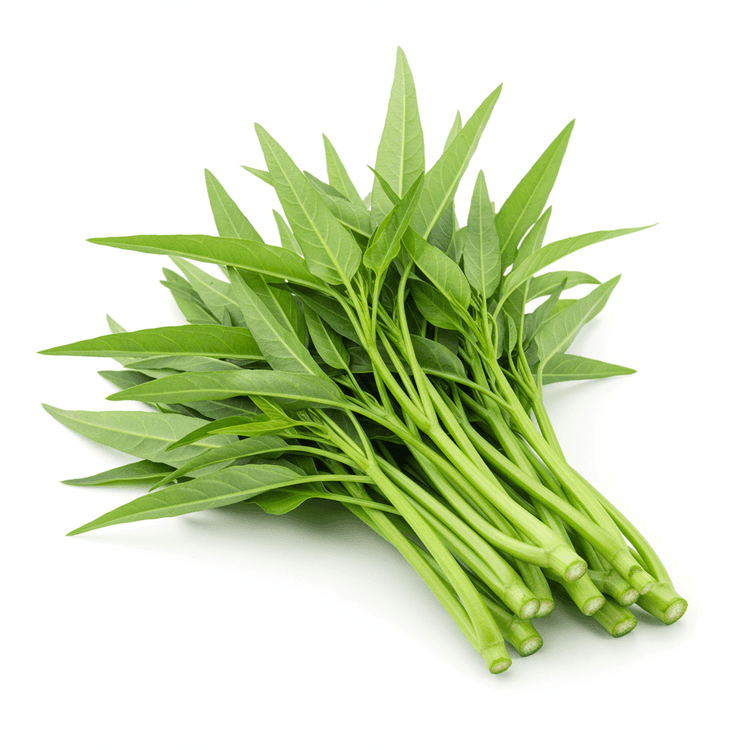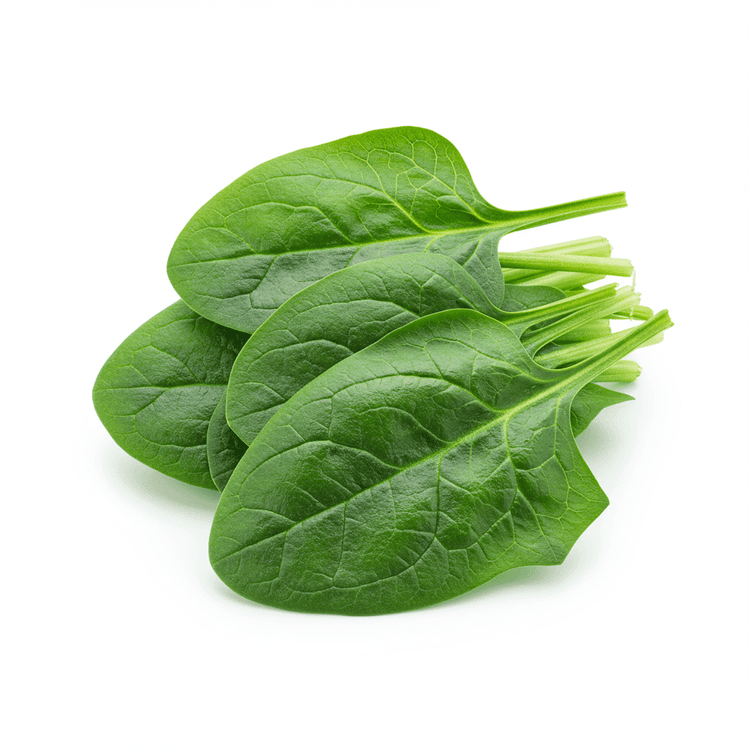
Chard
Chard, also known as Swiss chard, is a leafy green vegetable boasting vibrant, colorful stalks that range from white and yellow to red and purple. Its leaves are large, slightly crinkled, and offer a mild, earthy, and slightly bitter flavor similar to spinach or beet greens. The texture of chard is tender when cooked, but the stalks can be a bit more fibrous and require slightly longer cooking times. This nutritious vegetable is a great source of vitamins A, C, and K, as well as minerals and dietary fiber, making it a healthy and versatile addition to any diet.
Common Uses
- Sautéed chard with garlic and olive oil is a simple and delicious way to enjoy this leafy green. The garlic enhances the earthy flavor of the chard, and the olive oil adds richness.
- Use chard in soups and stews to add nutrients and depth of flavor. Chop the leaves and stalks and add them towards the end of cooking to retain their texture and color.
- Chard can be used as a substitute for spinach in quiches, frittatas, and omelets. Its slightly firmer texture holds up well during baking.
- Stuffed chard leaves are a healthy and flavorful alternative to stuffed grape leaves. Use a mixture of ground meat, rice, and herbs to create a satisfying filling.
- Chard can be added to smoothies for a boost of vitamins and minerals. Its mild flavor blends well with other fruits and vegetables.
- The stalks of chard can be pickled for a tangy and crunchy condiment. They add a unique flavor and texture to sandwiches, salads, and cheese boards.
Nutrition (per serving)
Nutrition (per serving)
Calories
7.0kcal (0.35%)
Protein
0.7g (1.4%)
Carbs
1.4g (0.51%)
Sugars
0.4g (0.8%)
Healthy Fat
0.0g
Unhealthy Fat
0.0g
% Daily Value based on a 2000 calorie diet
Nutrition (per serving)
Calories
7.0kcal (0.35%)
Protein
0.7g (1.4%)
Carbs
1.4g (0.51%)
Sugars
0.4g (0.8%)
Healthy Fat
0.0g
Unhealthy Fat
0.0g
% Daily Value based on a 2000 calorie diet
Health Benefits
- Rich in vitamins A, C, and K, supporting immune function, vision, and blood clotting.
- Excellent source of antioxidants, helping to protect against cellular damage from free radicals.
- High in fiber, promoting healthy digestion and regular bowel movements.
- Contains minerals like magnesium and potassium, which are vital for heart health and muscle function.
- Low in calories and carbohydrates, making it a nutritious addition to weight management diets.
- May help regulate blood sugar levels due to its fiber content and unique phytonutrients.
Chefadora AI is here.
Experience smarter, stress-free cooking.
Storage Tips
Chard is best stored unwashed in the refrigerator. Wrap the chard loosely in a damp paper towel and place it in a plastic bag or container. This helps maintain humidity and prevent wilting. Chard typically lasts for 3-5 days in the refrigerator. Avoid storing it near fruits like apples and bananas, as they release ethylene gas which can cause the chard to spoil faster. For longer storage, chard can be blanched and frozen.
Marnirni-apinthi Building, Lot Fourteen,
North Terrace, Adelaide, South Australia, 5000
Australia
